
Renal Transplantation
Renal Transplantation(UTIs)
A person may require kidney transplants following kidney failure.
We believe that kidney patients and their loved ones deserve to lead fulfilled lives with quality care and choice.
OUR IMPACT: We are here to support all Kidney Patients, carers and their families.
When your kidneys fail, treatment is needed to replace the work your own kidneys can no longer do. There are two types of treatment for kidney failure — dialysis or transplant. Many people feel that a kidney transplant offers more freedom and a better quality of life than dialysis. In making a decision about whether this is the best treatment for you, you may find it helpful to talk to people who already have a kidney transplant. You also need to speak to your doctor, nurse and family members.
On the minus side, there are the risks of surgery. You will also need to take anti-rejection medicines for as long as your new kidney is working, which can have side effects. You will have a higher risk for infections and certain types of cancer.
Although most transplants are successful and last for many years, how long they last can vary from one person to the next. Many people will need more than one kidney transplant during a lifetime.
Kidney and Ureteral Stones
Kidney and Ureteral Stones
Small, hard deposits made from mineral and acid salts form in the kidneys but can pass through into the ureters. They can affect urination and cause pain, nausea and vomiting. Management can be via Expulsive Medical Therapy, Lithotripsy (Endoscopic procedure) or Open Surgery.
Percutaneous nephrolithotripsy for management of large kidney stones.
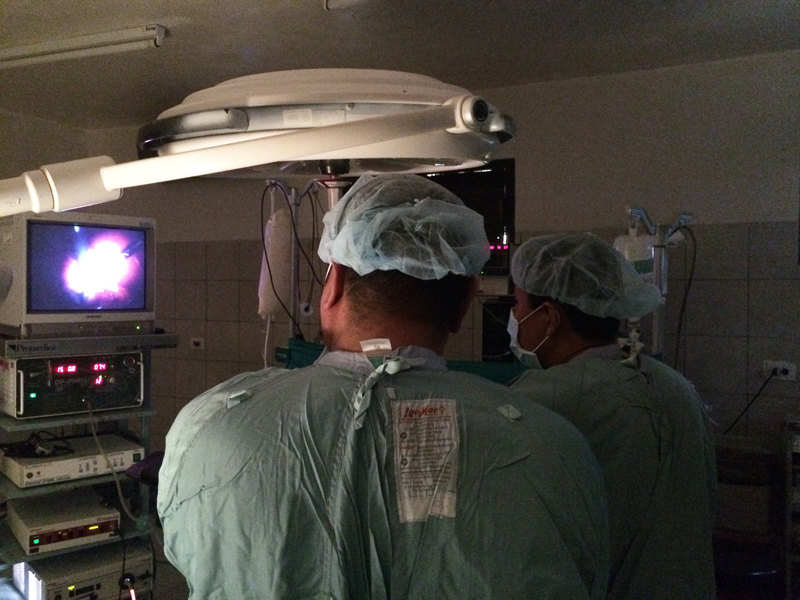
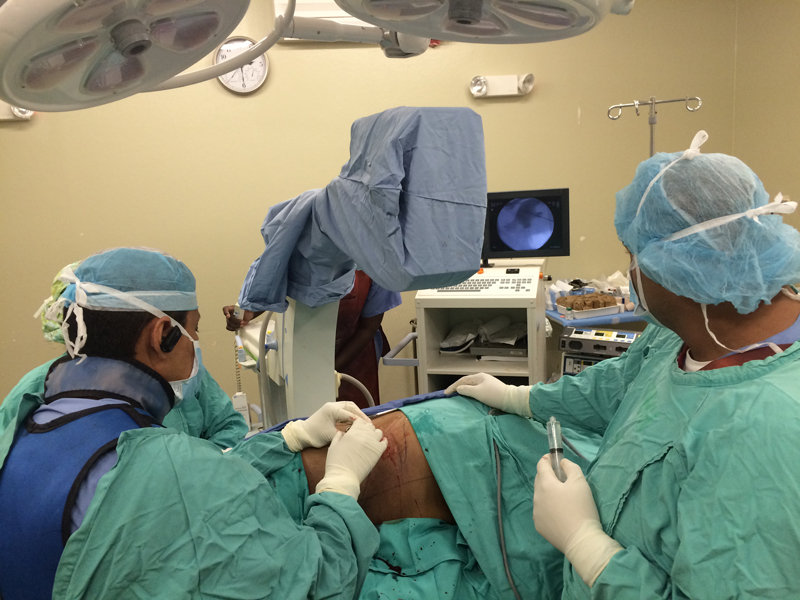
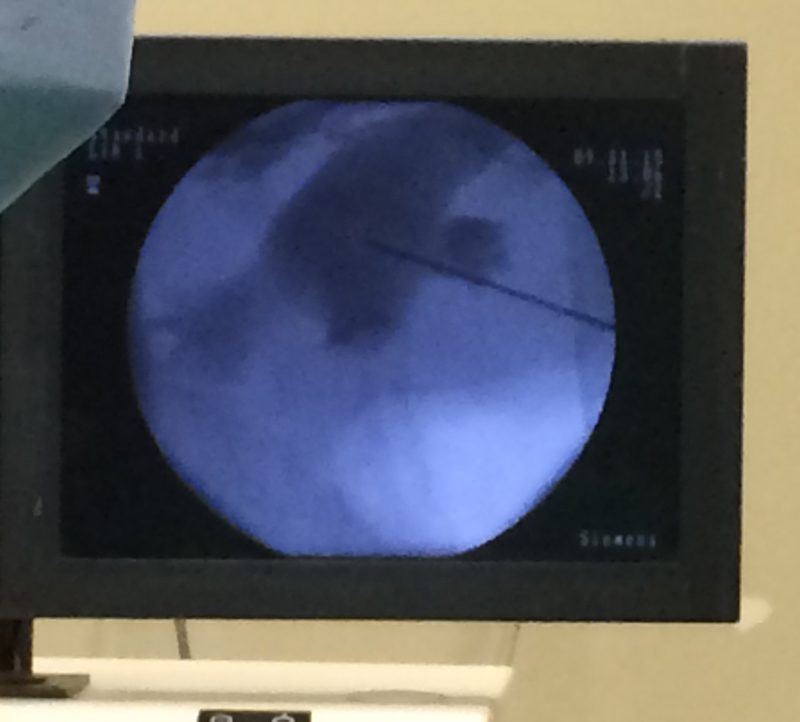
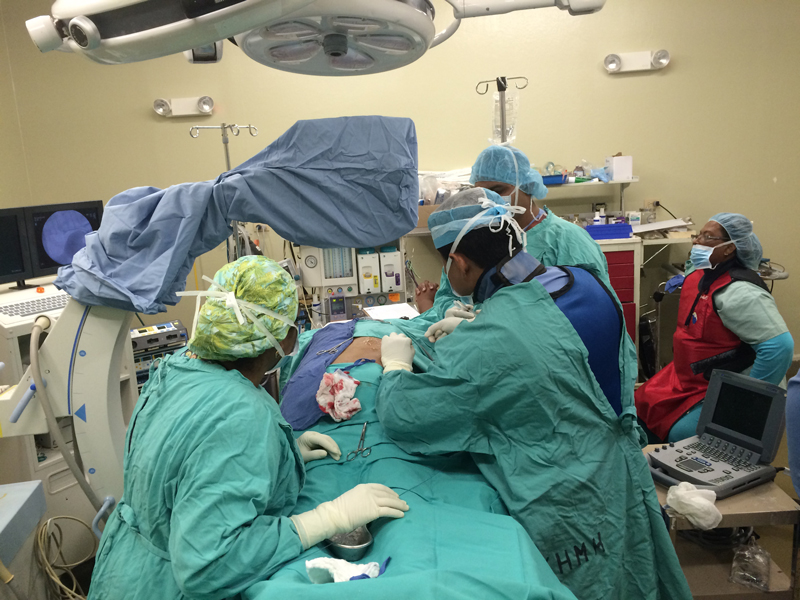
Ureteral Stricture
Ureteral Stricture
Scarring of the urethra can narrow or block the path of urine flowing from the bladder. Causes include infection, inflammation or injury. Symptoms include painful urination and reduced output. It can lead to complications such as prostatitis and urinary tract infections.
Management:
– Endoscopic
– Open Urethroplasty
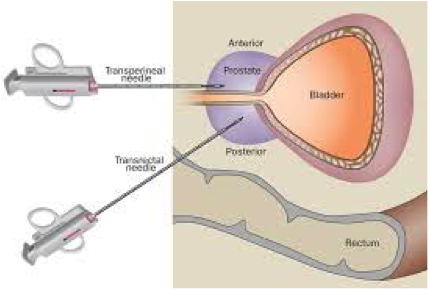
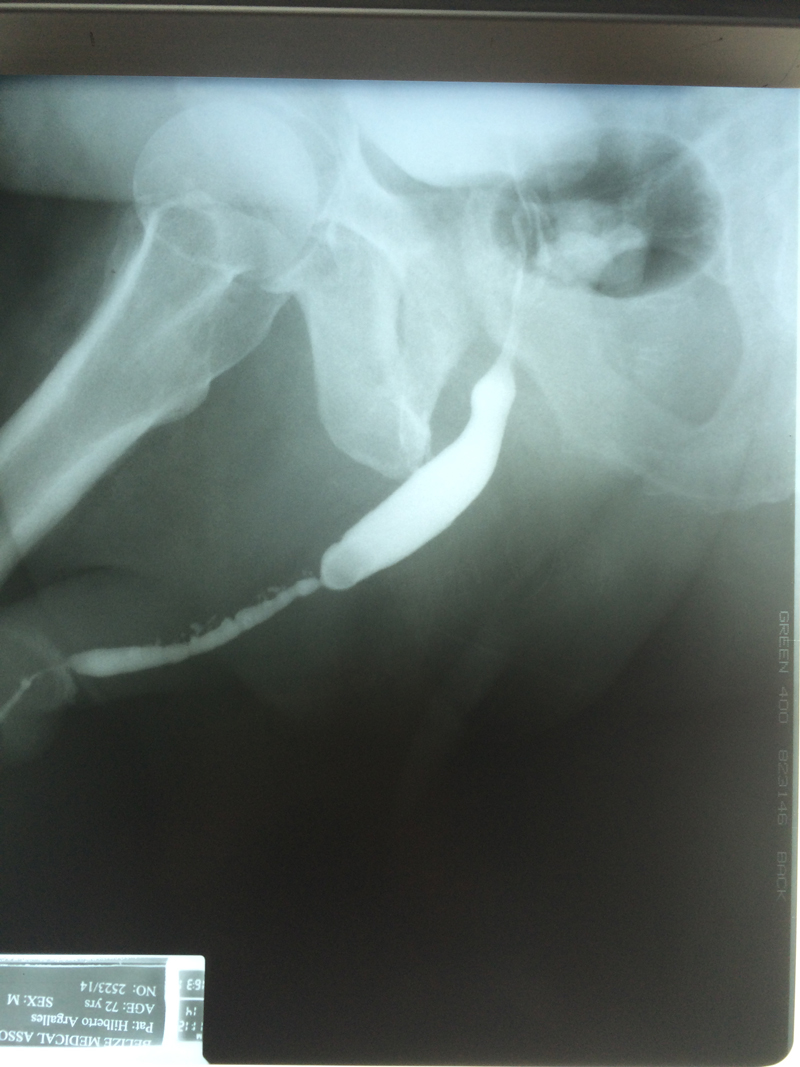
Undescended Testes, or Cryptorchidism
Undescended Testes, or Cryptorchidism
Normally, the testicles form inside the abdomen of a fetus and descend into the scrotum before birth. If one or both does not descend, sperm production can be impaired, and there is a risk of complications.
Kidney Disease
Kidney Disease
Damage to the kidneys can lead to swelling in the hands and ankles, high blood pressure, and other symptoms. If the kidneys no longer work effectively, this is kidney failure. Ultimately, it can be fatal.
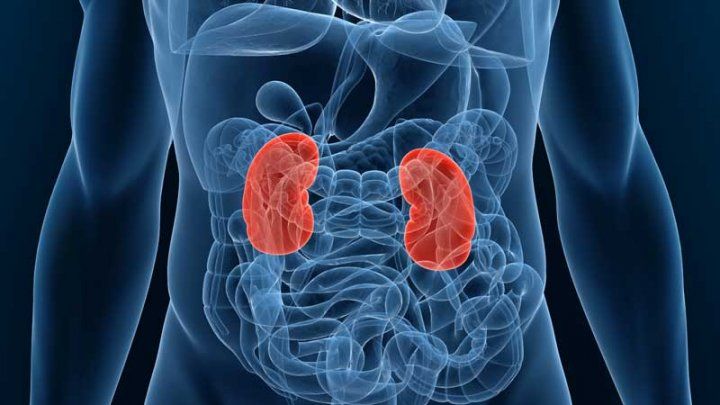
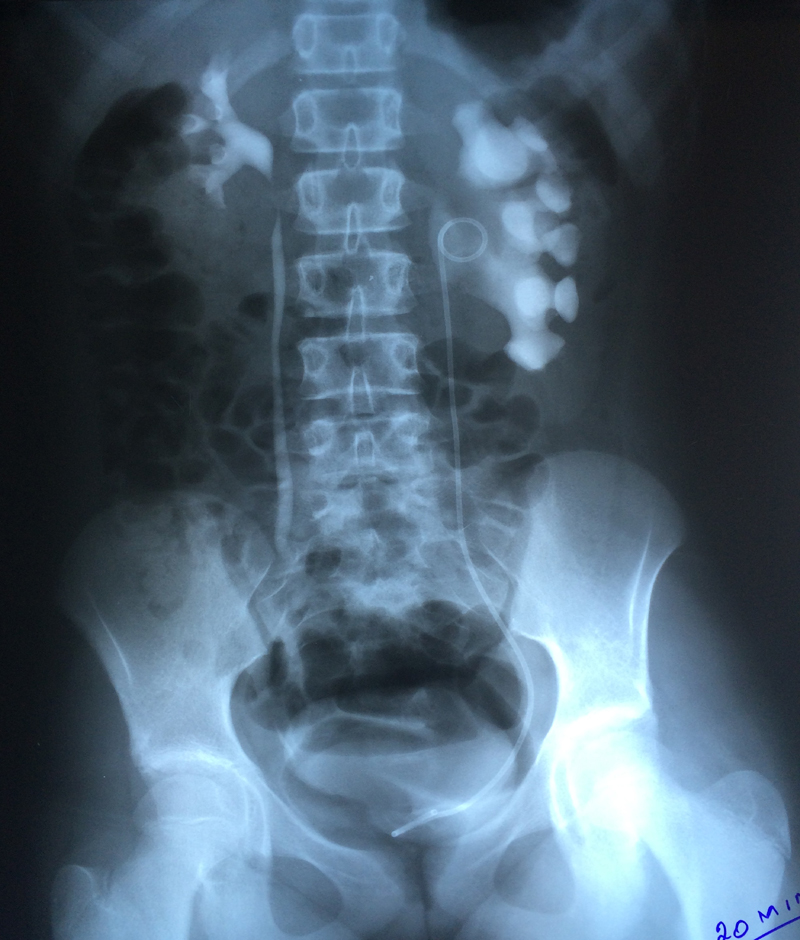
Urinary Tract Infections (UTIs)
Urinary Tract Infections (UTIs)
These often arise when bacteria migrate from the digestive tract to the urethra. Symptoms include abnormal urination, pain, incontinence, nausea, vomiting, fevers, and chills. It mostly affects women but also men.
Erectile Dysfunction
Erectile Dysfunction
The penis is unable to attain sufficient rigidity to fully participate in sexual intercourse. This is often a symptom of an underlying condition. Placement of hydraulic penile prosthesis may be warranted.
Peyronie’s Disease
Peyronie’s Disease
A fibrous layer of scar tissue develops beneath the skin of the penis. This can lead to bending or curving in the penis during an erection that can cause pain and lead to difficulties with sexual intercourse.
Male Infertility
Male Infertility
This can result from damage to the male reproductive tract and a variety of sperm disorders. One common cause is varicoceles, an enlarged vein in the sac beneath the penis. Surgery can sometimes help.
Prostate Disease
Prostate Disease
Obstructive prostatic hyperplasia (BPH) affects around 1 in 3 men over the age of 50 years. An overgrowth of cells in the prostate gland causes the urethra to constrict, leading to problems with urination.
Management:
– Open Surgery
– Endoscopic TURP
Bladder Prolapse
Bladder Prolapse
When the tissues and muscles of the pelvic floor are no longer able to support the organs in the pelvis, the organs can drop from their usual position.
Urologic Oncology
Urologic Oncology
Treatment of cancers that relate to the urological or male reproductive system, such as bladder, kidney, testicular, penile and prostate cancer.
Incontinence
Incontinence
A malfunction in the urinary system can lead to involuntary loss of bladder control. In women, this may result from a weakening of the pelvic floor muscles during pregnancy.
Prostatitis
Prostatitis
Infection or inflammation of the prostate can cause painful urination or ejaculation. It can be acute or chronic.
Pediatric Urology
Pediatric Urology
This includes the treatment of urological problems in children that are too complex for non-specialized pediatricians.
Prostate Cancer
Prostate Cancer
Prostate cancer is cancer that occurs in the prostate – a small walnut-shaped gland in men that produces the seminal fluid that nourishes and transports sperm. Prostate cancer is one of the most common types of cancer in men.
Management:
– Radical Prostatectomy
– Hormonal depravation therapy (chemical or surgical)

At Uroscope Belize we are committed
to the advancement of services and
maintain at all time, international
best practice standards and results
yet tailored to fit within the context
of Health Care in Belize.
– Author Unknown